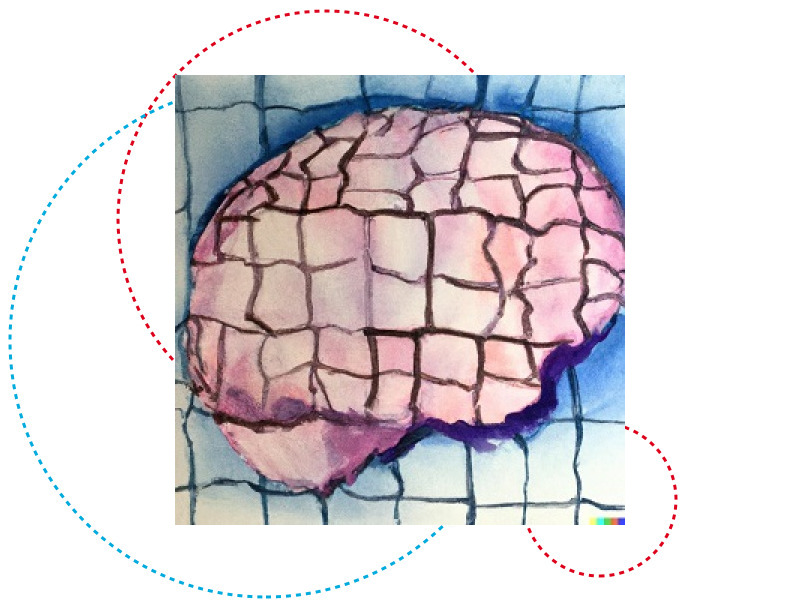Abstract:
Complementary to conventional numerical methods, physics-informed neural networks (PINNs) have recently emerged as alternative approximators for the solution of partial differential equations (PDEs). The main benefit of PINNs versus the conventional methods is their tremendous computational efficiency in terms of predictive speed, once the PINN model has been trained. Leveraging on their swift predictive capability, we integrate PINNs within the finite element solver and utilize them to approximate the solution of mechanics-governing PDEs. This step allows us to bypass the direct numerical discretization of the PDE, approximating the solution field at a fraction of time compared to traditional FEM. The developed framework is termed I-FENN (Integrated Finite Element Neural Network), and in this talk I will present its application in the case of nonlocal gradient continuum damage. A series of benchmark numerical examples will be presented, showcasing the computational efficiency and generalization capability of I-FENN, along with an extensive error convergence and hyperparameter analysis to solidify its background.
Panos Pantidis obtained his BSc from the Aristotle University of Thessaloniki, Greece, in 2015. In 2019 he received his PhD from the Civil Engineering Department of the University of Massachusetts, Amherst. He then joined Thornton Tomasetti, working at their New York City Forensics practice. Dr. Pantidis is now a Postdoctoral Associate at New York University Abu Dhabi. His research focuses on computational mechanics and machine learning for multi-physics problems.
The Machine Learning Seminar is a regular weekly seminar series aiming to harbour presentations of fundamental and methodological advances in data science and machine learning as well as to discuss application areas presented by domain specialists. The uniqueness of the seminar series lies in its attempt to extract common denominators between domain areas and to challenge existing methodologies. The focus is thus on theory and applications to a wide range of domains, including Computational Physics and Engineering, Computational Biology and Life Sciences, Computational Behavioural and Social Sciences. More information about the ML Seminar, together with video recordings from past meetings you will find here: http://www.jlengineer.eu/ml-seminar/
